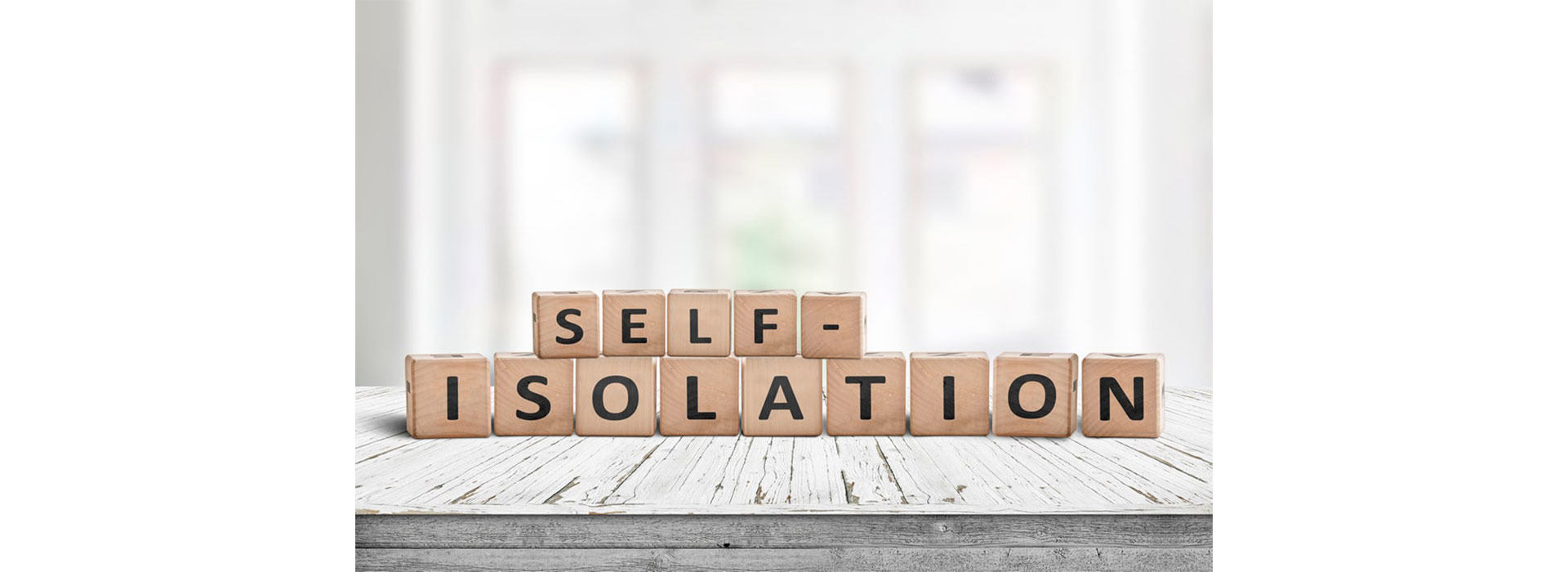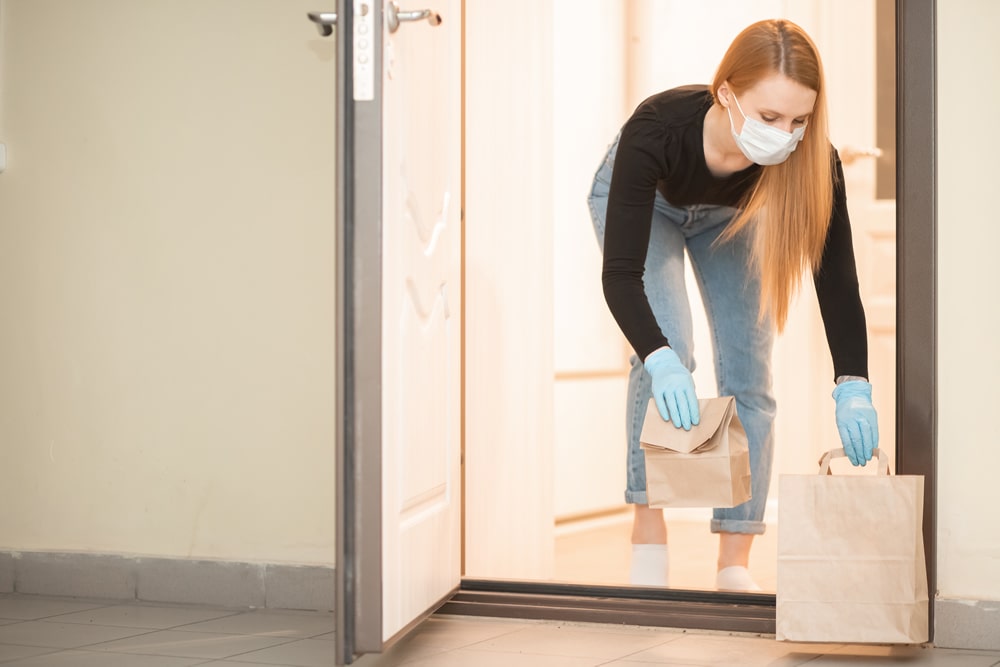Physical Address
304 North Cardinal St.
Dorchester Center, MA 02124


According to press released a Coronavirus Action Plan, which discusses the role of self-isolation for persons with symptoms such a cough or fever across the UK. This acknowledges that we’re witnessing more coronavirus cases in the community and are concerned that the virus will spread.

The goal of self-isolation is to protect others while also delaying the spread of COVID-19. It is critical that anyone infected with the virus, or who may have been exposed to it, minimise their contact with others for 14 days. This is the most efficient method of avoiding the spread of the coronavirus.
Self-isolation may appear difficult at first, but hundreds of people have done it effectively across the country. If you’ve been told to self-isolate by a health professional or the government, all of the instructions you’ll need can be found on the NHS website, and the tips in this article should make things a little easier.
Self-isolation is currently relevant to a variety of persons in the United Kingdom:
You may have been requested to do a COVID-19 same day test if you develop symptoms after returning from an area where the coronavirus is known to be present. Your local health protection team and your doctor will urge you to stay at home and self-isolate while waiting for the results of tests for COVID-19 coronavirus infection. Follow the recommendations on this crucial sheet of guidance.
If you’ve recently visited or travelled through a number of different regions, you may be at higher risk of contracting coronavirus. There are some locations where you are asked to self-isolate even if you have no symptoms, and others where you are asked to self-isolate even if you have minor symptoms. Please visit GOV.UK for the most up-to-date travel information.
Individuals outside of the above groups are not currently advised to self-isolate, but if COVID-19 spreads in the community in the following days or weeks, people with coronavirus symptoms (such as a cough or fever) may be requested to self-isolate at home. For up to 14 days, this could mean staying home and avoiding contact with other people.
When an infection is spreading in the community, asking larger groups of people with symptoms to self-isolate is a tactic that is occasionally utilised. For example, if you felt you had flu this winter, you would stay at home to avoid transmitting it to people in your neighbourhood or at work.
If you’ve been advised to self-isolate, you’ll need to use your normal mode of transportation to travel to your destination, then stay indoors and avoid interaction with other people. This will keep the sickness from spreading to your family, friends, and the rest of the community.
In practise, this implies that once you get at your destination, you must:
If you were asked to self-isolate due to recent travel but had no symptoms, call NHS111 and report any cough, fever, or breathing difficulties, stating that you were urged to self-isolate due to coronavirus. You can also contact a designated medical contact point for advice and also Day 2 and Day 8 Quarantine PCR test if you have been provided one. They’ll walk you through the rest of the process.
If you’ve self-isolated due to symptoms, it’s vital to remember that most people with COVID-19 are only expected to have minor symptoms.
It is OK for friends or family to bring you meals. Alternatively, you can place an order over the phone or online, such as for takeout or online shopping deliveries. However, make sure to inform the delivery driver that the things should be left outside, on the porch, or wherever else is appropriate for your property.
It’s crucial to keep oneself distinct from other people in your home, and if you share facilities like toilets and bathrooms, you’ll need to clean them on a frequent basis.
You should stay in a well-ventilated room with an open window, away from other people in your house.
If a separate bathroom is not available, if you live in shared housing, or if you share a kitchen with others, there are specific instructions in the advice sheet that should be followed attentively.
Unfortunately, if you have COVID-19 or are at higher risk of becoming infected for Work and events IgG/IGM testingt, we must focus on lowering the possibility of the disease spreading to others, especially to those who are more vulnerable, such as the elderly or those with chronic illnesses.
It’s critical that we all do everything we can to prevent the infection from spreading further. Employers, family members, and friends will need to understand and support this.
Discuss the significance of self-isolation with people around you, including your employer, to limit the risk of spreading infection at work. You can work from home if you are healthy.
Make arrangements with your family and friends for shopping, dropping children off at school, and attending events.
Request that no one come to your residence for the duration of your stay; if you require healthcare or care at home during this period, inform them that you are self-isolating.
We appreciate that self-isolation might be boring or frustrating for some people. Your mood and moods may be disturbed, and you may feel down, concerned, or have difficulty sleeping. You could also feel lonely and isolated.
We would not ask you to do this if it were not necessary. There are easy things you can do to help, such as keeping in touch with friends and relatives over the phone or through social media and talking to them if you want to.
Some people who have self-isolated have found that reconnecting with a pastime or taking an online course to master a new skill has been beneficial.
You must be logged in to post a comment.
[…] you may have received a false-negative test result and still might have COVID-19. Ensure you isolate yourself from others and reach out to your healthcare provider about follow-up testing and how long to […]
[…] are less likely than unvaccinated people to be kept in the hospital if they get infected with the COVID virus. They also tend to exhibit a few indications during the preliminary phase of the illness and are […]
[…] Health and Social Care Secretary Stated: […]